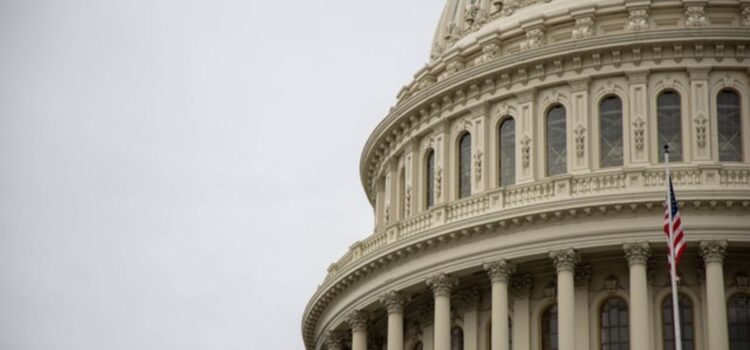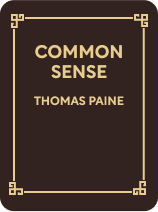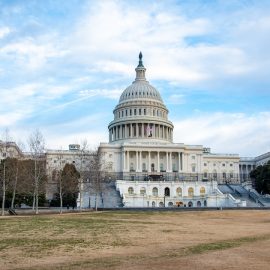

This article is an excerpt from the Shortform book guide to "Common Sense" by Thomas Paine. Shortform has the world's best summaries and analyses of books you should be reading.
Like this article? Sign up for a free trial here .
What is the purpose of government? Do you think nations could live and cooperate effectively without a central rule?
According to Thomas Paine, the government’s main purpose is to protect its citizens from the inherent vice in humanity and to provide its citizens with security. Because evil develops in society and among humans, they agree to enter into a contract where they give up some of their freedoms for protection from said evil.
In this article, we will analyze Thomas Paine’s ideal government.
Society vs. Government
In order to understand Thomas Paine’s government vision, we need first to understand the difference between government and society.
- Society is produced by a group banding together for collective wants. This is in all cases a positive development.
- Government is produced by moral failings—it is a restraint on vice. In the best case, government is a necessary evil; in the worst case, it can become intolerable.
Thought Experiment: The Creation of Government
Paine introduces a thought experiment about how government comes to be. (Shortform note: This sort of thought experiment is popular in seminal political philosophy, including most famously in Thomas Hobbes’ Leviathan and Jean-Jacques Rousseau’s Social Contract.)
What happens when a small group of people is totally sequestered from the rest of the world?
- They want to do more than they can accomplish alone, so they band together to build housing and care for each other. This is a society, and at first, it wouldn’t require government, because it would be on a small enough scale that its inhabitants would not harm each other in order to advance their own wishes.
- Vice is inherent within humans, though, and this will begin to manifest itself among them and create the need for protection through government.
- As the colony grows, more cooperation is possible and more laws are necessary.
- To create these laws, they will form some kind of governing or legislative body with elected representatives, who will change regularly and be citizens themselves, so as to avoid unjust law creation—it is impractical to have citizens vote on every law, so they elect representatives to do it for them. Citizens can in this way ensure laws that are largely in their own interests and to their benefit.
The happiness and success of the colony rest on the citizenry being happy and the government being effective. The best government is one that’s unlikely to fail and easy to repair when it does. In practice, this takes the form of representative government that comes directly from the citizens and involves frequent elections and turnover of representatives.
England and Unjust Government
The Constitution of England is unsuccessful according to the aforementioned principles of government for three reasons:
- First, the position of king is tyrannical by nature because he is not elected and thus both has no reason to listen to his people and is also, by virtue of his position, so far removed from common needs that even if he wanted to help his citizens, he wouldn’t know how.
- Second, the aristocrats (House of Lords) are also tyrannical for similar reasons—their position as privileged members of society separates them from the needs of the populace as a whole, and they have no incentive to help the common people.
- Third, the Commons (House of Commons) is not a sufficient check on these powers. The Commons is allowed to check the power of the King, but the King is allowed to check the Commons in return. The King gets his way no matter what the Commons does.
While some argue that the English Constitution makes England unique in Europe because it outlines checks on the King’s power, the king is just as removed from the rest of society and just as responsible to make decisions on their collective behalf as in any other European monarchy. The idea of a monarchy is absurd on its face (discussed in the next chapter).
The American people are oppressed by the King of England and the Parliament—it is their right to throw off the shackles because the government of England does not function well.
Oppression in America is similar to oppression that has existed and will exist around the world. Given that oppression is universal, the ideas contained within are applicable anywhere.

———End of Preview———
Like what you just read? Read the rest of the world's best book summary and analysis of Thomas Paine's "Common Sense" at Shortform .
Here's what you'll find in our full Common Sense summary :
- A comprehensive breakdown of Thomas Paine's pamphlet about why America should liberate from England
- An examination of Paine's political philosophies
- The history behind why Paine wrote the pamphlet and how it was received by the public






